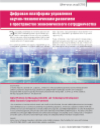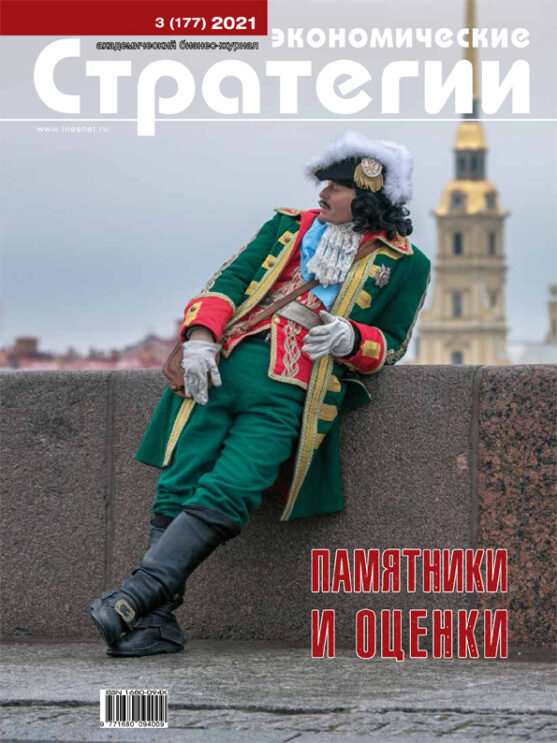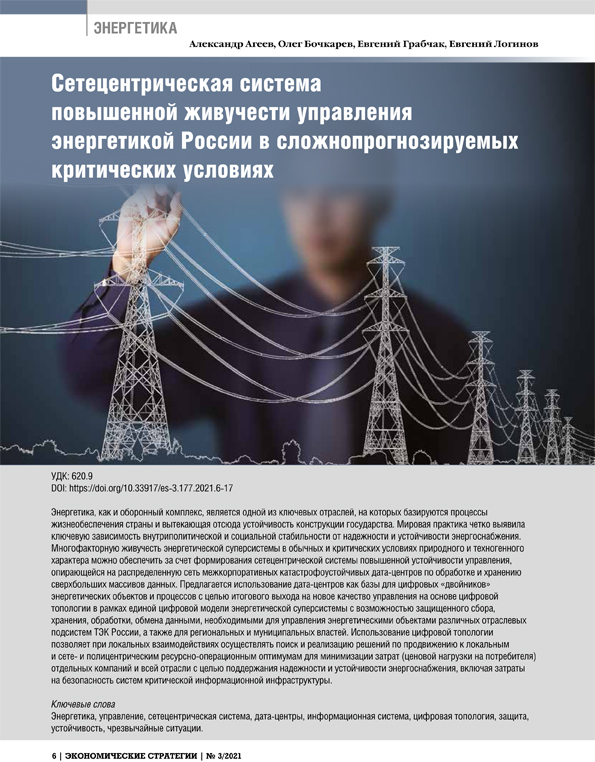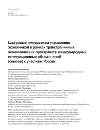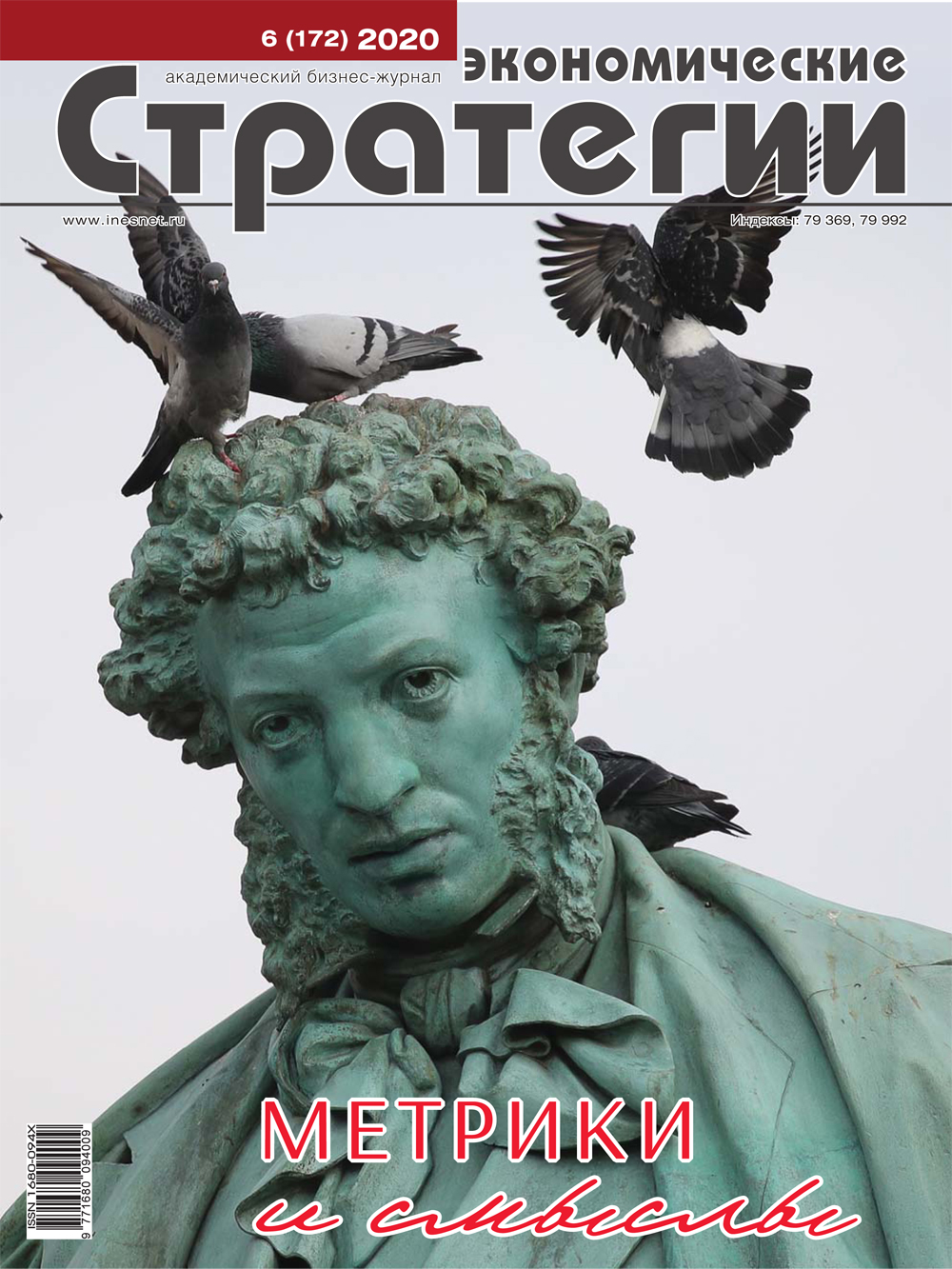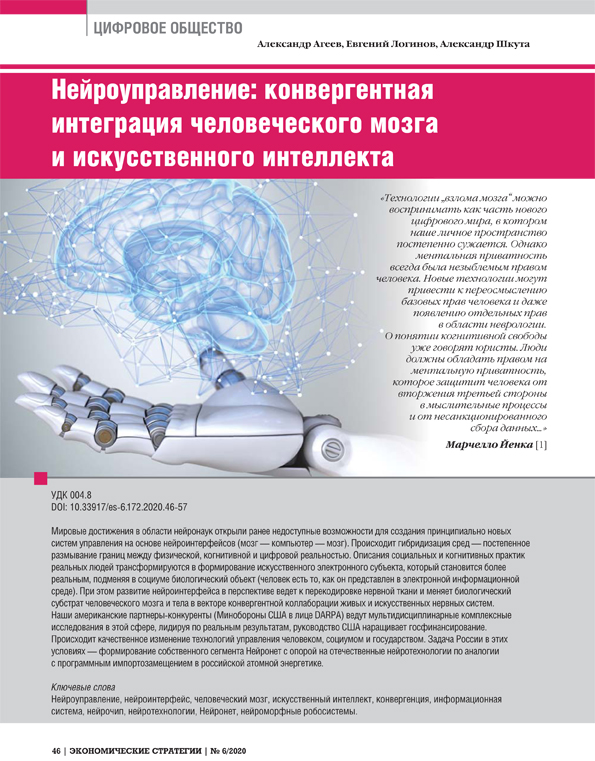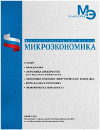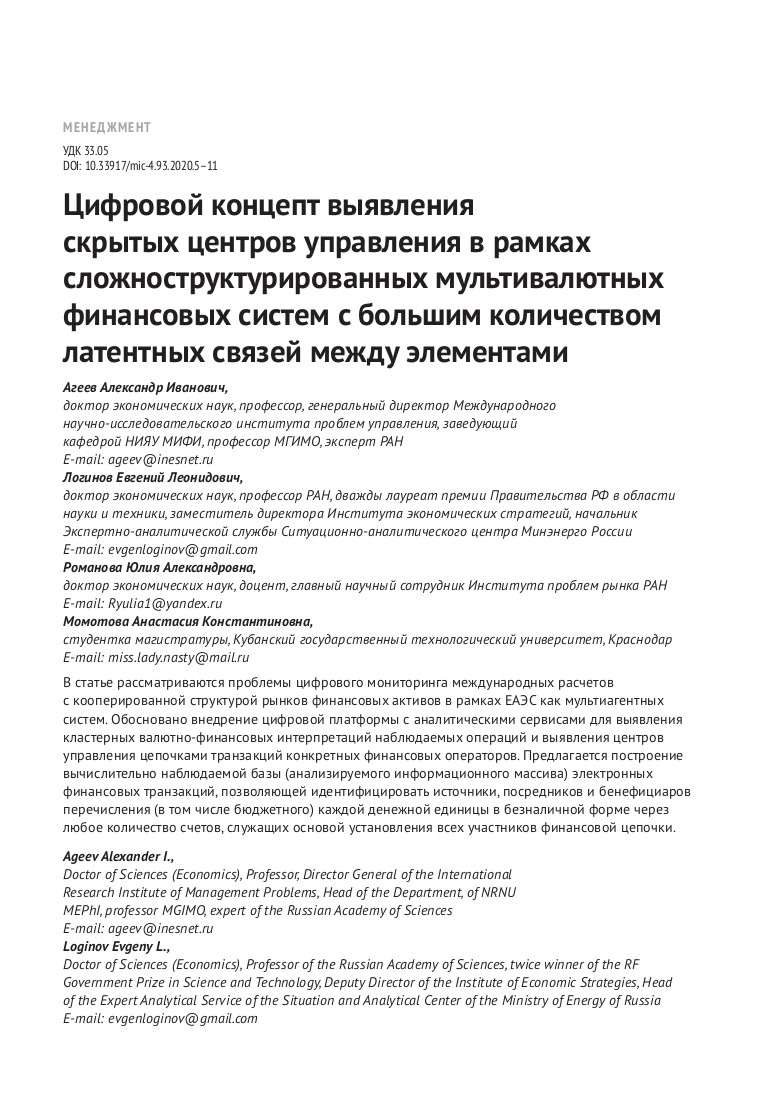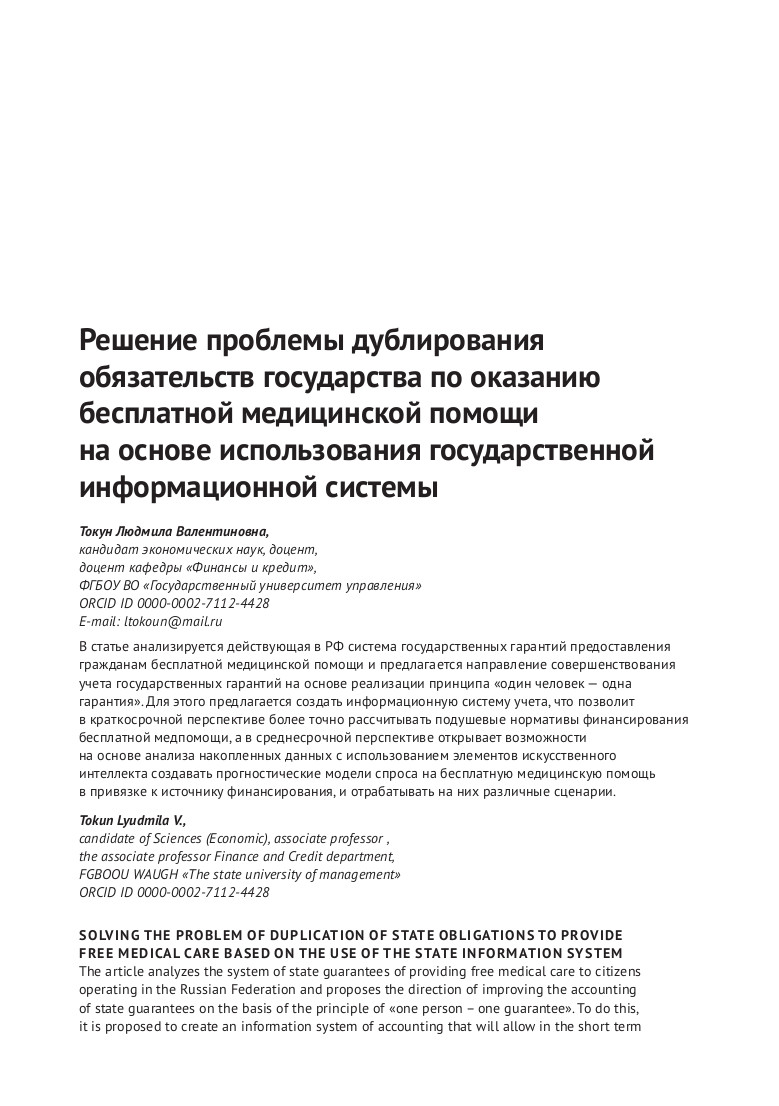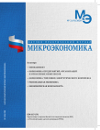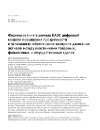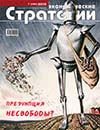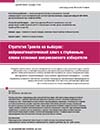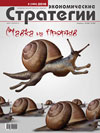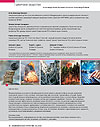Personnel Selection and Training for Structures with Critical Cognitive and Psychological Workloads in the Conditions of Complex Special Situations (Operations)
DOI: 10.33917/es-2.194.2024.78-87
A number of different kinds of critical situations (from natural and man-made disasters to coup attempts and military operations), which took place primarily in the very last period of our country’s life, demonstrated significantly more serious, close to the maximum possible pressure on security forces and other departments – more than it was envisaged for many post-Soviet years. It became clear that new, more rigorous and effective technologies for forming and developing specialists’ competencies are needed. The purpose of the present article is to develop tools and methodological recommendations for selecting and training personnel for work or service in structures whose functioning involves critical cognitive and psychological workloads, including in complex special situations (operations).
References:
1. Ageev A.I., Loginov E.L., Golublev A.A. Spetsial’naya podgotovka kadrov v interesakh gosudarstvennykh vedomstv dlya vypolneniya osobo vazhnykh zadach v slozhnykh usloviyakh s kriticheskoy intellektual’noy i psikhologicheskoy nagruzkoy na sotrudnikov: Novye tekhnologicheskie vyzovy: problemy tsifrovoy transformatsii sistem upravleniya: Materialy mezhdunarodnoy konferentsii [Special Personnel Training in the Interests of Government Departments for Performing Particularly Important Tasks in Difficult Conditions with Critical Intellectual and Psychological Stress on Employees: New Technological Challenges: Problems of Management Systems’ Digital Transformation: Proceedings of the International Conference]. Moscow, MNIIPU, 2019, pp. 9–11.
2. Gaynullin D.E., Kodzov T.N. Primenenie tsifrovykh tekhnologiy obucheniya v obrazovatel’nykh organizatsiyakh MVD Rossii [Application of Digital Learning Technologies in Educational Organizations of the Russian Ministry of Internal Affairs]. Problemy sovremennogo pedagogicheskogo obrazovaniya, 2023, no 79-1, pp. 111–113.
3. Ageev A.I., Loginov E.L., Shkuta A.A. Neyrooperirovanie povedeniem kognitivnykh agentov na osnove elektronnoy semanticheskoy interpretatsii sostoyaniy soznaniya i psikhiki s effektami pogruzheniya, prisutstviya i edineniya s virtual’noy real’nost’yu [Neurooperation of the Cognitive Agents Behaviour based on Electronic Semantic Interpretation of States of Consciousness and Mentalit y with the Effects of Immersion, Presence and Unity with Virtual Reality]. Mikroekonomika, 2020, no 1, pp. 5–12.
4. Loginov E.L., Eriashvili N.D., Bortalevich S.I., Loginova V.E. Sistematika atributivno-semanticheskikh svyazey pri osushchestvlenii obrazovatel’nykh programm interaktivnogo obucheniya dlya metaprogrammirovaniya kachestv lichnosti [Systematics of Attributive-semantic Connections in Implementing Educational Programs of Interactive Learning for Metaprogramming of Personality Traits]. Mezhdunarodnyy zhurnal psikhologii i pedagogiki v sluzhebnoy deyatel’nosti, 2016, no 2, pp. 46–52.
5. Volobuev N.A., Groshev I.V., Loginov E.L., Matskevich I.M., Eriashvili N.D. Konstruirovanie informatsionnoy sredy upravleniya obrazovatel’nym protsessom, realizuyushchey funktsii intellektual’nogo analiza dannykh o kognitivnykh i lichnostnykh osobennostyakh obuchayushchegosya [Constructing an Information Environment for Managing the Educational Process, Implementing the Function of Intellectual Analysis of data on the Cognitive and Personal Characteristics of a Student]. Vestnik Moskovskogo universiteta MVD Rossii, 2021, no 6, pp. 366–373.





